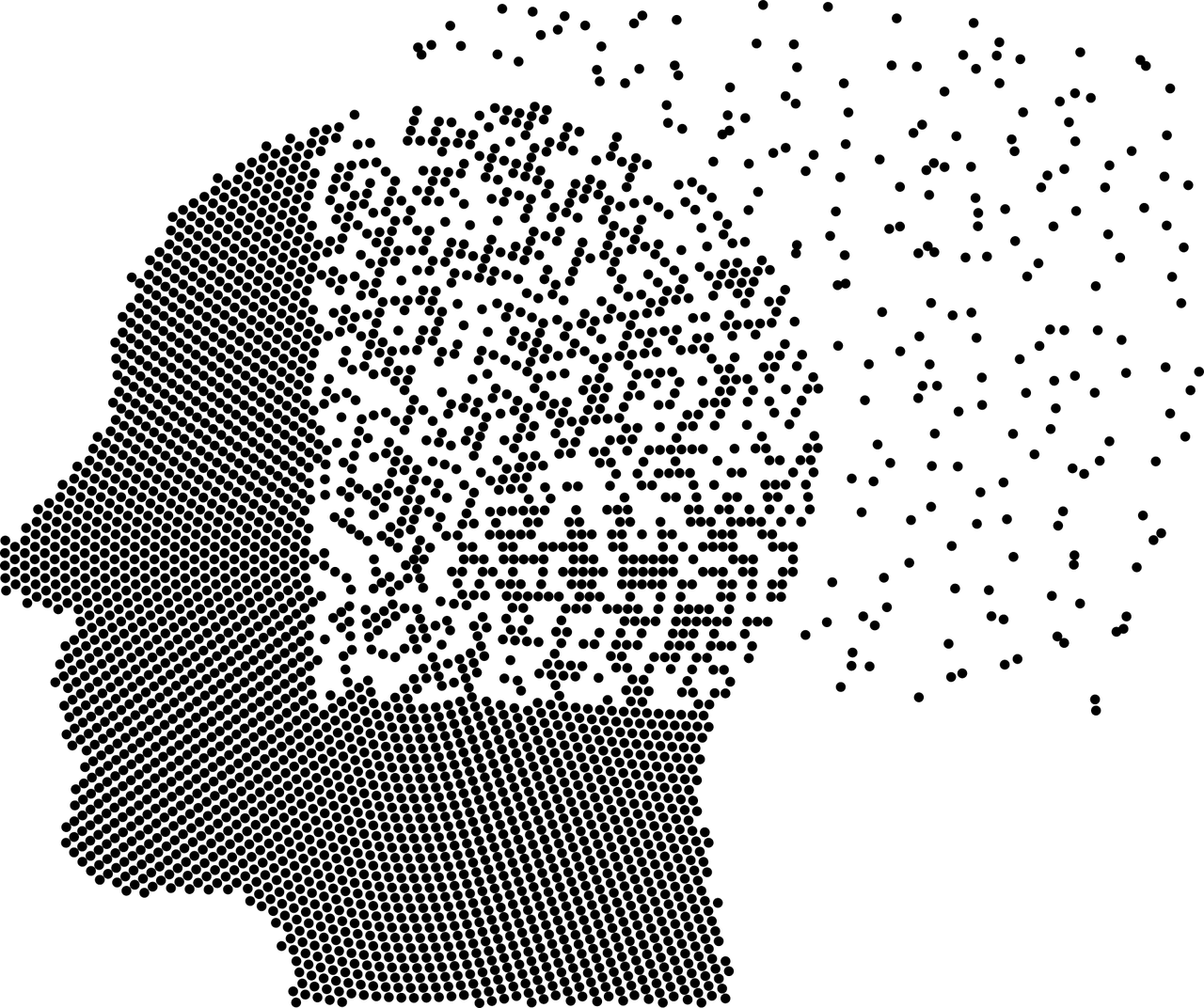
Understanding Alzheimer’s Disease is Essential to Treatment of Dementia
Alzheimer’s disease is just one form of dementia, and it affects more than six million Americans, according to the Alzheimer’s Association. Dementia involves deterioration in cognitive function beyond the usual consequences of aging, and affects more than 55 million people worldwide, says the World Health Organization. There’s still so much we don’t know about cognitive decline, but understanding Alzheimer’s disease is critical in treating dementia overall.
If you or a loved one has Alzheimer’s or any type of dementia in end-of-life care in Santa Clara and elsewhere, you will be interested to know how both affect the other in terms of treatment.
Aging Vs. Dementia and Alzheimer’s
There are some minor changes in cognition that are a normal part of aging, but dementia is not a normal part of that aging process. Normal age-related decline happens slowly over time, with subtle effects involving attention and thinking speed. Many of us will have memory loss as we age, with 40 percent experiencing some form of it after 65. But even accounting for that loss, the chance of dementia is small.
With abnormal aging, i.e., the onset of dementia, signs of cognitive decline get more severe and affect more than just thinking abilities and head into the realm of problems navigating and solving common problems. There’s also forgetfulness, reduced ability to express oneself in conversation, and an inability to remember common social behavior rules.
Dementia affects the motor system, leading to falls, imbalances, tremors, and trips.
Alzheimer’s happens to be the most common type of dementia, but there are many, such as:
- Lewy body dementia
- Vascular dementia
- Frontotemporal dementia
- Chronic traumatic encephalopathy
- Parkinson’s disease dementia
- Limbic-predominant age-related TDP-43 encephalopathy
- Creutzfeldt-Jakob disease
- Huntington’s disease
- Mixed dementia
Dementia may mirror Alzheimer’s in many ways. Here are some of the signs.
- Frequently getting lost in familiar places
- Falling repeatedly or experience imbalance
- Asking repeated questions
- Displaying odd or inappropriate behaviors
- Forgetting recent events
- Showing changes in personality
- Appearing increasingly apathetic
- Having difficulty planning and organizing
- Changing diet or eating habits
- Forgetting to bathe
- Showing changes in language abilities (including comprehension)
Sometimes, the progression of dementia and Alzheimer’s will progress slowly over several years. But when illnesses, injuries, or life stressors are involved, these can trigger symptoms very quickly. Getting regular check-ups and a proper diagnosis (dementia vs. Alzheimer’s) is essential in monitoring cognitive decline, implementing safety precautions, and gaining a better understanding of the disease.
What Do We Still Need to Know About Alzheimer’s?
There are still many things scientists and doctors don’t know about dementia and Alzheimer’s. It’s believed that understanding Alzheimer’s properly will help with the treatment and diagnosis of all forms of dementia. It seems as soon as we take a few steps forward, we take a few steps back at the same time, as things we thought we knew several years ago could turn out not to be correct in part or in whole. With so few answers about this disease, funding for research, new treatments, and developments are still coming fast and furious.
Here’s a look at what we still may be getting wrong, which could delay our understanding of dementia as a whole.
Healthline points out it was previously believed that using the terms “Alzheimer’s” and “dementia” interchangeably was correct, but we now know Alzheimer’s disease is one of many paths on the road to dementia. Clinical trials show not everyone believed to have Alzheimer’s disease may actually have the condition. It was found that several individuals enrolled in clinical trials for Alzheimer’s medicine did not have amyloid (sticky substances that interfere with cognitive processes) in their brain.
In addition, those with advanced symptoms of dementia were not showing signs of either tau or amyloid proteins in their brains during their autopsies. Instead, a protein called TPD-43 was mainly present.
Hard to believe that 100 years of research could be wrong but in the case of the beta-amyloid hypothesis, this could prove to be true. This theory implies that beta-amyloid accumulates in the brain and then clumps together. This act damages brain nerve cells which can lead to memory loss. For decades, researchers have been focused on halting this clumping to bring a stop to the progression of the disease. Turns out, after spending millions of dollars in research and trials, this approach isn’t working as planned, with conclusions causing many experts to question the effectiveness and accuracy of the amyloid hypothesis.
It’s clear more research, trials, and studies have to be done if we want to understand Alzheimer’s and how it relates to dementia. Hopefully, someday soon this will lead to a cure and more definitive answers.
Contact Pathways Home Health and Hospice
We have a supportive end-of-life care program here at Pathways Home Health and Hospice staffed by caring and compassionate people. To learn more about what we do and how we can help your loved one suffering from dementia or Alzheimer’s, contact us today at 888-978-1306.

